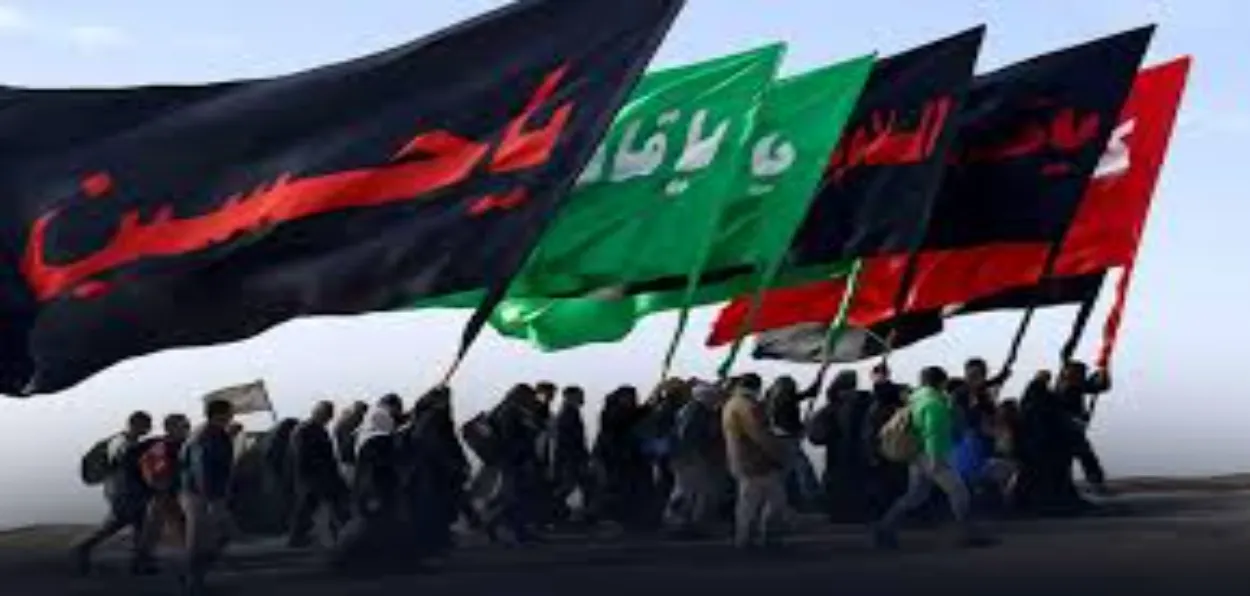
Eman Sakina
The Arbaeen pilgrimage, one of the largest religious gatherings in the world, is a profound demonstration of faith and devotion in the Shia Muslim community. Held annually in Iraq, the event marks the end of a 40-day mourning period for Imam Hussein, the grandson of the Prophet Muhammad, who was martyred in the Battle of Karbala in 680 AD. Every year, millions of pilgrims from around the globe converge on Karbala, where Imam Hussein is buried, to pay their respects and reaffirm their commitment to his cause of justice and righteousness.
Friday Musings
A remarkable feature of this pilgrimage is the extraordinary hospitality extended by the Iraqi people, particularly those living along the route from Najaf to Karbala. This 80-kilometer journey, known as the Arbaeen Walk, is undertaken by millions of pilgrims, many of whom travel on foot, taking several days to reach their destination. Throughout this journey, the generosity and warmth of the Iraqi people shine brightly, leaving an indelible mark on the hearts of the pilgrims.
Hospitality during the Arbaeen pilgrimage is deeply rooted in Iraqi culture and religious belief. For the Iraqi people, especially those living along the pilgrimage route, serving the pilgrims is considered a sacred duty and an honour. Families and communities come together to set up tents, known as Mawakib and offer food, water, rest areas, medical care, and even massages to weary pilgrims – free.
The homemade food offered to pilgrims includes traditional Iraqi dishes like rice, stew, bread, dates, and sweets. The hosts make sure that every pilgrim is well-fed and cared for. This act is seen not just as charity, but to serve Imam Hussein and gain spiritual merit.
The Arbaeen Walk is not only a religious event but also a powerful display of unity and brotherhood. Iraqis open their homes to strangers, offering them a place to sleep and rest. It is common to see families standing on the roadside with food trays, eagerly inviting pilgrims to partake. The atmosphere is one of deep respect and mutual love, with Iraqis treating the pilgrims as their honoured guests
This overwhelming hospitality extends beyond the Shia Muslim community. Sunnis, Christians, and people of other faiths also participate in serving the pilgrims, reflecting Iraq's rich tapestry of religious and cultural diversity. The pilgrimage thus becomes a symbol of unity, transcending sectarian divides and fostering a spirit of solidarity among all Iraqis.
Despite the many challenges facing Iraq, including economic hardship and security concerns, the tradition of hospitality during the Arbaeen pilgrimage remains unwavering.
ALSO READ: Karnataka leader Roshan Baig tells how generic drugs became available to Indians
For the millions who undertake the Arbaeen Walk, the hospitality of the Iraqi people is often the most memorable and touching aspect of their journey. It serves as a powerful reminder of the values of generosity, compassion, and selflessness - qualities that Imam Hussein stood for and that continue to inspire millions around the world.
